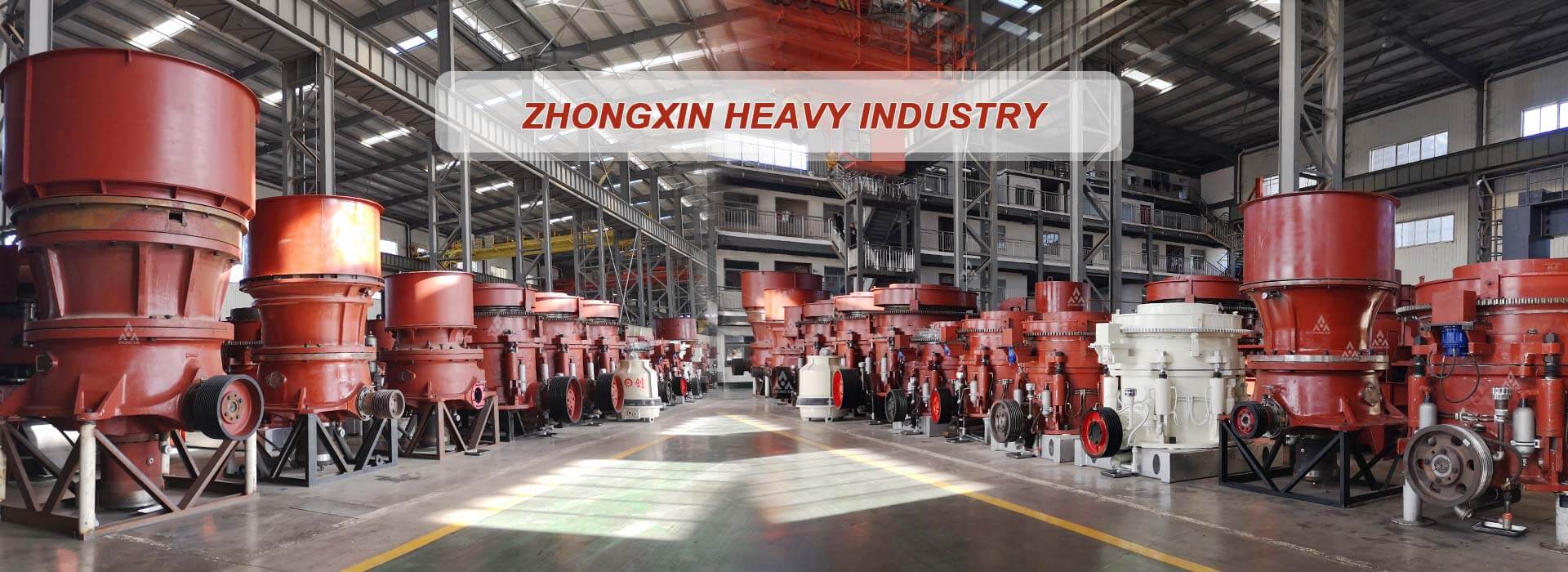The main reasons for the jaw crusher not discharging include the following:
1. High material humidity: When the material surface has more moisture or contains impurities such as mud, the material fluidity is poor and it is easy to get blocked in the crushing chamber, resulting in no discharging.
2. Too fast feeding speed: If the feeding speed is too fast or uneven, it is easy to cause the material to accumulate in the lower cavity of the crusher, blocking the discharge port and causing no discharging.
3. The feed contains foreign matter such as iron blocks: If the feed does not pick out the raw materials that cannot be crushed, such as iron blocks, it will damage the jaw plate and affect the discharging.
4. Low voltage: Low voltage will cause insufficient power of the main machine, too slow discharging or even no discharging.
5. Equipment failure: Motor failure, belt breakage, drive shaft damage and other problems can also cause the jaw crusher to fail to work properly.
6. Feeding too much or too little: Feeding too much or too little will affect the processing capacity and efficiency of the equipment, and may cause blockage or reduced efficiency.
7. Improper operation: The operator does not correctly adjust the discharge port or vibration system of the equipment, or improper operation, frequent switching of equipment, overloading equipment, etc., will affect the discharge of materials.
For the above reasons, the following solutions can be taken:
1. Control the humidity of the material: Screen, wash and blend the ore before crushing, control the humidity and purity of the material, and remove dust and dust.
2. Reasonably control the feeding speed: Understand the processing capacity of the equipment, reasonably control the feeding speed and amount, and ensure uniform feeding.
3. Screen foreign matter: Pre-screen before feeding, pick out raw materials such as iron blocks that cannot be crushed, and reduce damage to the jaw plate.
4. Adjust the voltage: Debug the voltage in the workplace to ensure that the host heavy load requirements are met.
5. Regularly maintain the equipment: Regularly inspect and maintain the equipment to avoid equipment failure.
6. Control the feed size: According to the equipment processing capacity, reasonably control the feed size to avoid oversized or undersized materials affecting the equipment efficiency.
7. Standardized operation: Operators must undergo strict training and operate in accordance with the operating instructions to avoid equipment failures caused by improper operation.






 Leave Message
Leave Message Chat Online
Chat Online











